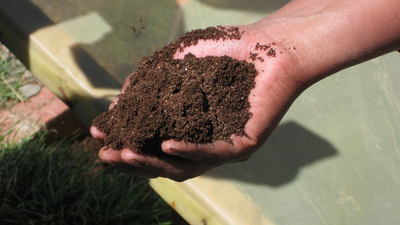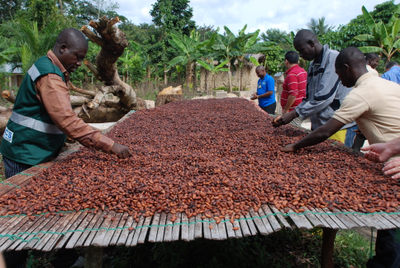Why those at the top still need a helping hand By Katie Hope Business reporter, BBC News
Leadership expert Steve Tappin says “the future of the company depends on getting this right”.
Soon after he took the helm at drinks giant Diageo, Paul Walsh played an unusual trick in meetings.
The former chief executive used to pretend that he wasn’t the boss, instead asking others what decision needed to be taken and who was going to take it.
His staff looked at him in amazement, having been under the assumption that he would.
“I’d say, ‘I’m not capable of taking that decision. You know you should be taking that decision.'”
The approach, he explains, was an attempt to cut through “some of the bureaucratic noise” and make sure that people were confident enough to speak up and question things when they had more knowledge than him.
“Sometimes the boss doesn’t have all the right answers and has to modify their position. In the face of compelling evidence that’s what should happen,” he says.
As head of a multinational firm, operating in several different countries and employing thousands of staff, Mr Walsh’s decision to delegate during his 13 years as chief executive seems eminently sensible.
But of course it only works if a firm has the right senior staff in place. Mr Walsh, now chair of catering giant Compass, says he has always looked for people that he thought would make the right decisions when under pressure.
“I expect capability, but I also want character. I consider this notion of a moral compass very, very strongly,” he says.
Leadership expert Steve Tappin says recruiting the right top team is an area many chief executives spend a lot of time on because “the future of the company depends on getting this right”..…………..Read Full article on:http://www.bbc.com/news/business-31085919



